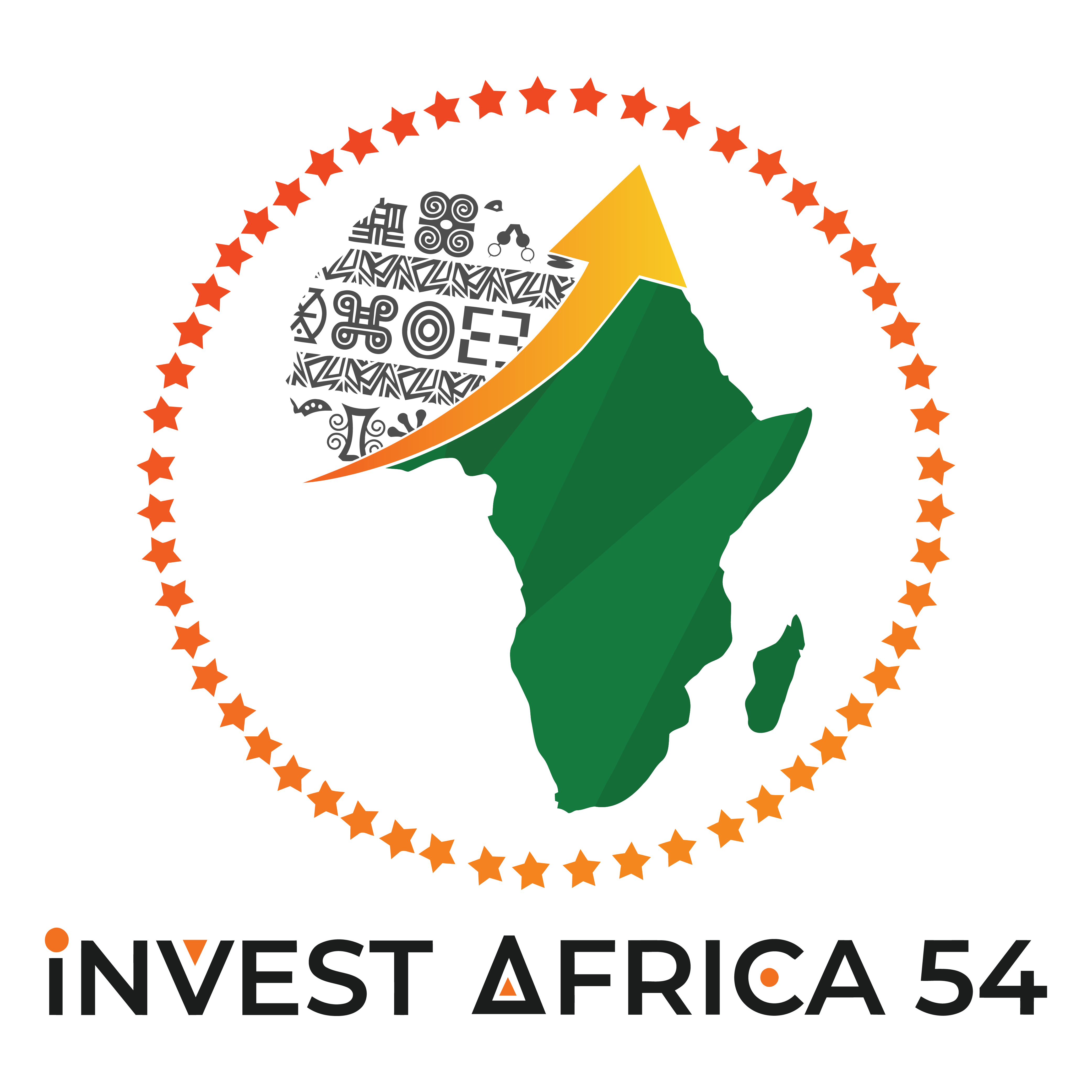
Africa's Abundant Resources and Growing Workforce: A New Investment Destination
"Explore Africa's exciting investment opportunities: abundant resources, sustainable agriculture, green energy, AfCFTA, social impact and digital commerce. Profit while making a difference."
The Exciting Opportunity of Investing in Africa
Africa presents an exciting opportunity for investors looking to make a difference while also making a profit. The continent boasts abundant untapped natural resources, sustainable agriculture potential, transformative free trade agreements, improved policies to enhance women’s rights, and soaring digital commerce opportunities. Africa has the world’s most rapidly expanding workforce, with over 60% of the population under the age of 25, and the continent is projected to experience strong growth in the years ahead thanks to technology and infrastructure improvements. Impact investors should consider Africa for several reasons, including abundant energy and natural resources, 60% of the world’s uncultivated arable land, green energy potential, the African Continental Free Trade Area (AfCFTA), contributions to social impact and women’s rights, export diversification, increased internet penetration, digital commerce, and competitive advantages due to indigenous knowledge systems. While there are risks, due diligence is key to any investment, and the potential rate of return for African investments is potentially higher than anywhere else in the world. Companies like Google, Ford Motors, and General Electric, as well as Japan’s Itochu Corporation and the Dubai-based Mara Group, have already invested in Africa’s future. The continent presents almost limitless opportunities for investors looking to do well while doing good.
Abundant Energy and Natural Resources
Africa has abundant energy and natural resources, with the United Nations Environment Programme (UNEP) reporting that the continent holds 40% of the world's gold and 30% of its mineral reserves, including ample supplies of uranium, diamonds, and iron. The continent's vast oil and gas resources are more valuable than ever, especially amid the energy crisis brought on by the Russia-Ukraine conflict. For example, Mozambique possesses 150-trillion cubic feet of liquefied natural gas (LNG) in offshore reserves, equivalent to 24-billion barrels of oil. The Uganda-Tanzania pipeline is also being developed through foreign direct investment (FDI) over the next few years.
Sustainable Agriculture Potential
Africa also holds 60% of the world’s uncultivated arable land, with global food demand projected to increase by 70% by 2050, according to World Bank forecasts. Africa can help meet this challenge with so much available arable land, but investment and education are needed to modernize farming practices on the continent. There is an opportunity for impact investors in agricultural start-ups.
Green Energy Potential and Countering Climate Change
Moreover, Africa could be a green energy hub, with great potential for wind and solar energy generation that can play a vital role in countering climate change. The continent has already begun leveraging renewable energy sources, including hydro, geothermal, and biofuels. However, investment at scale is imperative if African countries are to expand energy access while meeting their climate goals. Bloomberg Philanthropies recently announced a new $242 million investment to speed up clean-energy adoption in 10 developing countries, including Kenya, Mozambique, Nigeria, and South Africa.
The African Continental Free Trade Area (AfCFTA)
The African Continental Free Trade Area (AfCFTA) will revolutionize trade by covering a market of 1.2 billion people with a gross domestic product (GDP) of $2.5 trillion, making it the world's largest free trade area by participating countries. As of June 2021, 54 African Union members have signed on. AfCFTA will spur export diversification, accelerate growth, attract FDI, and increase employment opportunities and income. The agreement will eliminate import tariffs on 97% of goods traded on the continent and act as a single market, harnessing influence to grow exports and expand trade.
Social Impact and Women's Rights
Investing in Africa contributes to social impact and women's rights by closing the gender income gap and opening new markets through the AfCFTA, which will benefit women and investors alike. Women account for around 70% of informal cross-border traders in Africa and have historically been vulnerable to harassment, violence, theft, and imprisonment. AfCFTA will improve conditions for solo women business owners who previously lacked established trade channels or protections.
Digital Commerce Opportunities
Expanding markets and increasing internet penetration and digital commerce will also contribute to Africa's growth. Africans are conducting business online and increasing their skills in data analytics, programming, and search engine marketing, with mobile device use continuing to increase. Initiatives such as Girl Power Talk, IN On Africa’s ALofT program, and Mentor X-Africa work to empower youth, encourage skills training, and promote career advancement.
The Importance of Indigenous Knowledge Systems
Finally, Africa's population is on track to reach 1.5 billion by 2030, half of whom will be under 25. Many are expected to move to urban areas for jobs. While innovation and a global perspective are essential, uncirculated indigenous knowledge has a critical role to play as well. Recognizing and honoring traditional knowledge and practices can add value for businesses. Customs, knowledge, and understanding vary across the continent, and businesses and investors can achieve a competitive advantage by working with local communities through culturally connected and skilled workers.
In summary, investing in Africa presents an almost limitless opportunity for investors looking to do well and do good. The continent has abundant untapped natural resources, vast potential for sustainable agriculture.
By:
Ibrahim Dimbiaye
COO IA54
Tags
ia54realestate
